12 driving habits that cost you more money
(Baonghean.vn) - The longer you own a car, the more driving habits you will have. Unfortunately, not all of them are good habits. Moreover, the more experience you have, the more difficult it becomes to return to the right method.
Drivers may regularly maintain and repair their vehicles to keep them in top condition, but they may not know that there are daily operating habits that gradually damage their vehicles. Below are 12 habits that drivers don't know are "destroying" their vehicles, causing additional costs.
1. Improper vehicle start
Many people, in a hurry or for some reason, go straight away after starting the car. However, this is the reason why the engine wears out because it has to work "too hard" when it is not really ready. On the contrary, many people start the engine just to warm up the car. This action not only does not warm up the car but also harms the engine if left for too long.
The best way to start is to hit the road after warming up the engine for 30 seconds to 1 minute.
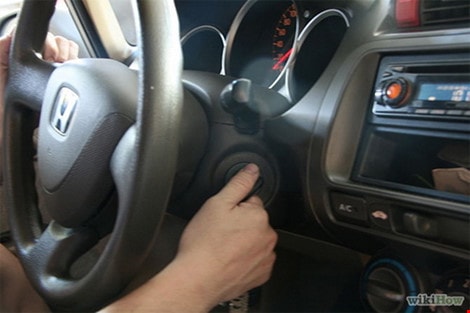 |
2. Choose the wrong number
Selecting the wrong gear will put unnecessary strain on the mechanical points. Driving in the highest or lowest gear is only suitable for certain conditions.
Many drivers even skip second to fourth or third to fifth gears quickly, only to want to go back to them later. This can lead to driving at too low a speed in too high a gear, which is not good for the engine and cylinder head. That is why many modern cars have a handy display that tells you which gear to use.
3. Step on the gas pedal when the engine is cold
If the car is left overnight or parked for a long time, the driver should let the car idle for a minute or two after restarting. This helps the engine warm up, the lubricating oil flows out, lubricating all the parts. If you step on the gas hard right after starting, it will create a sudden change in temperature, destroying the parts.
4. Ignore the dashboard message
Continuously checking the current vehicle status can help promptly recognize important warning lights of system failures.
For example, ignoring the oil warning light can cause the car's engine to overheat. So if you notice any warning lights that you don't understand, don't ignore them, but seek auto help before the problem gets worse and costs you more.
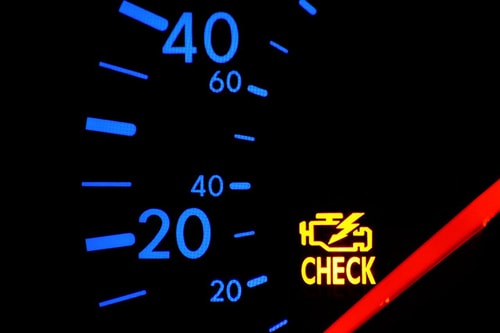 |
5. Continuously apply the brakes when driving on mountain passes or downhill.
This is quite dangerous and can lead to a "brake failure" situation. The vehicle's brake system cannot work because the continuous braking process causes the brake fluid to boil, losing the ability to pump oil and the cylinders in the brake system, making it impossible to use the brakes to slow down.
To slow down when driving down a steep hill, shift the gear lever to low gears 1, 2, 3 depending on the slope of the road and the speed of the vehicle; you can flexibly change gears with intermittent braking when you need to temporarily reduce speed to ensure the safety of the braking system.
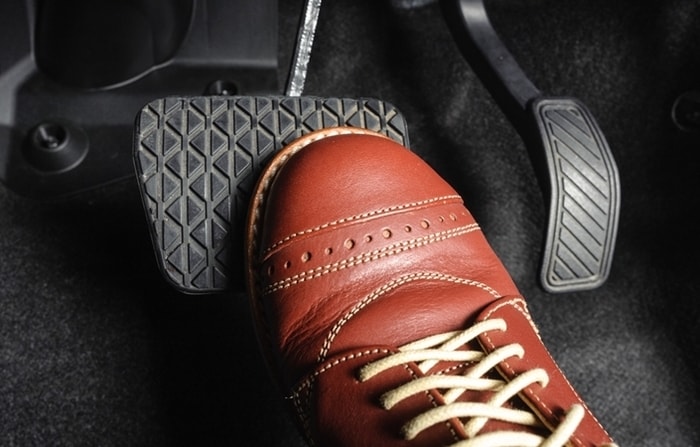 |
6. Pressing the clutch when not necessary
Driving a manual transmission comes with its own risks - bad driving habits lead to unforeseen costs.
If driving a manual transmission, try not to rest your foot on the clutch pedal while driving, as this is not a footrest.
7. Turn the steering wheel all the way and do not return it straight when stopping
Turning the steering wheel all the way when cornering or turning will affect the vehicle's power steering system in the long run, causing a drop in oil pressure in the power steering pump system, which can lead to damage to this part.
In cases of parking or stopping the car, returning the steering wheel to the straight position will help return it to a "resting" state, somewhat limiting collisions and wrong direction when driving again.
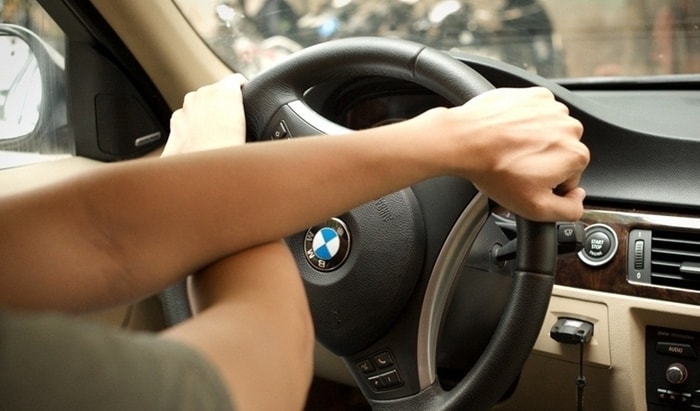 |
8. Driving with the windows down
Cars are not designed to cruise and perform best with the windows down. This affects traction and reduces fuel economy. If you want some fresh air, turn on the air conditioning.
9. Frequently resting your hand on the gear stick
This is a habit that many people cannot break. When you rest your hand on the gear lever, enough pressure will affect the selector forks. This can lead to completely unnecessary wear and tear.
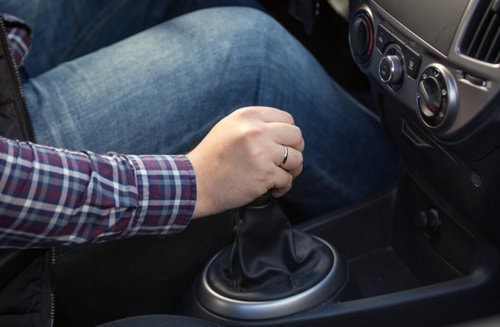 |
10. Regularly let the fuel tank run dry
The fuel pump is cooled by the fuel remaining in the tank, so if the driver regularly runs the vehicle with the fuel level in the tank at or below 1/4 full, the risk of having to replace the fuel tank increases.
Spending a little extra money at the gas station won't cost as much as replacing the fuel pump.
11. Heavy load
Many people have the habit of treating their cars as mobile "warehouses" which is harmful. Unnecessary things left in the car increase the weight, affecting fuel consumption, suspension system, and brakes. In addition, clutter also makes the car's interior unclean and smelly.
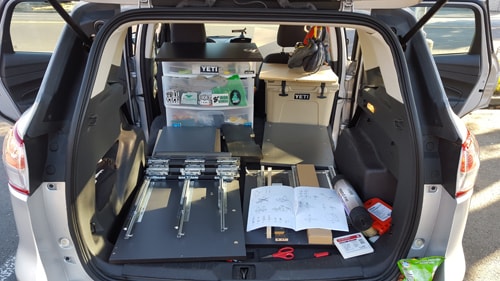 |
12. Wash the engine with high pressure water jet
Keeping your car clean is a good habit, but using high-pressure water jets on your engine is a mistake. The strong jets of water will wash away dirt, but they can also cause important parts in the engine to loosen or pop out.
Therefore, a dirty engine that works well is more beneficial to the vehicle than a clean engine that "stutters".
Ngoc Anh
(Synthetic)
| RELATED NEWS |
|---|

